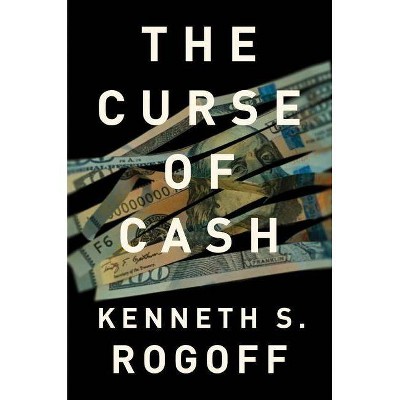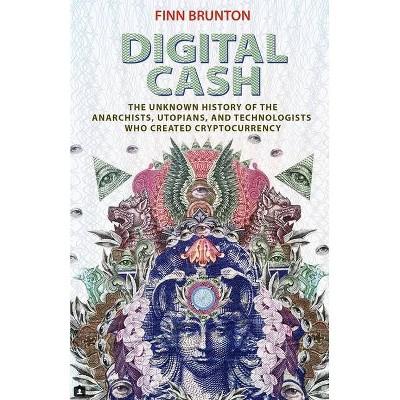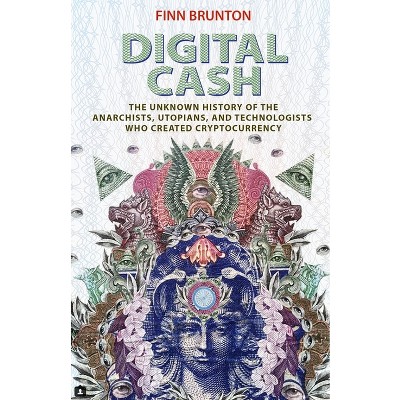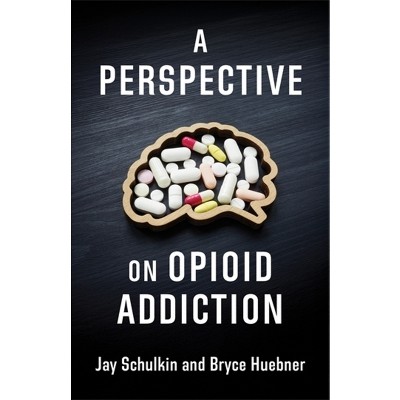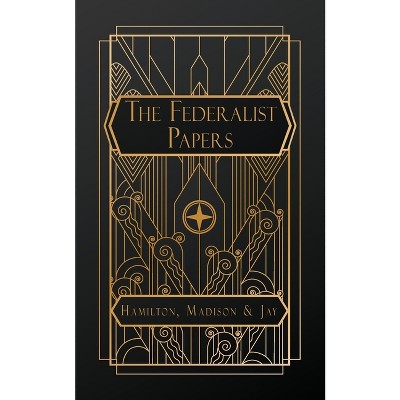Sponsored

The Power of Cash - by Jay L Zagorsky (Hardcover)
In Stock
Sponsored
About this item
Highlights
- Why cash is worth preserving in an increasingly "cashless" society Over the last thirty years, we have witnessed a rapid transformation in the way that people pay for goods and services.
- About the Author: JAY L. ZAGORSKY, PHD, is Clinical Associate Professor of Markets, Public Policy, and Law at Boston University.
- 384 Pages
- Business + Money Management, Money & Monetary Policy
Description
Book Synopsis
Why cash is worth preserving in an increasingly "cashless" society
Over the last thirty years, we have witnessed a rapid transformation in the way that people pay for goods and services. Where we used to use cash for all but our largest purchases, many people now prefer credit cards, debit cards, cryptocurrency, and electronic services like Venmo, PayPal, or Alipay. And that's not necessarily a good thing.
In The Power of Cash: Why Using Paper Money is Good for You and Society, Professor Jay Zagorsky, former advisor to the Boston Federal Reserve, delivers a startlingly insightful and eye-opening discussion of the harmful and unintended consequences of the demise of paper money. The author convincingly argues that cash is an essential and helpful tool that's worth preserving for the long run.
You'll learn why using cash makes it easier to control your spending, secures your anonymity and privacy against bad actors intent on stealing your data, mitigates the chaos of climate change and war, and helps the poor, vulnerable, unbanked, and disenfranchised to navigate society. You'll also discover:
- When business and governments can refuse to take your paper money
- How cash maintains your privacy and anonymity from tech companies, hackers, banks, and others
- How cash ensures companies cannot charge you a high "custom price"
- The potential dangers of giving governments control and knowledge of your spending
- How cash controls additional fees and costs associated with electronic purchases
Perfect for anyone with an interest in the way we pay for the things we buy each and every day, The Power of Cash is also a must-read for people interested in the implications of a truly "cashless" society on personal finance, technology, politics, and social justice.
From the Back Cover
"We all love paying with our phones and collecting credit card bonuses, but Prof. Zagorsky shows us that the costs of this system are considerable, and are borne disproportionately by the poor. With a combination of careful research and everyday stories he argues convincingly that if we allow cash to disappear, we will regret it."
-- ADAM JAFFE, Fred C. Hecht Professor in Economics Emeritus, Former Chair of Economics and Dean of Faculty, Brandeis University
Discover why cash is worth keeping for the long run in an increasingly "cashless" economy
The Power of Cash: Why Using Paper Money is Good for You and Society is a startlingly insightful new take on the unintended -- and often harmful -- consequences of our collective embrace of credit cards, debit cards, and electronic services as a replacement for paper money over the last thirty years.
Written by Boston University professor and former advisor to the Boston Federal Reserve, Jay L. Zagorsky, the book explains why cash is an essential and useful tool that helps us preserve our privacy, mitigate the risk of being unable to pay due to war or a natural disaster, and assists the poor, unbanked, and disenfranchised as they attempt to navigate an increasingly cashless society.
You'll discover if businesses and governments are allowed to refuse to take your U.S. currency and how cash helps to limit the additional fees and costs associated with electronic purchases.
Perfect for anyone interested in the ways we pay for things each and every day, The Power of Cash is a must-read for people who want to know about the implications and consequences of our potential shift to a truly cashless economy.
About the Author
JAY L. ZAGORSKY, PHD, is Clinical Associate Professor of Markets, Public Policy, and Law at Boston University. He has published extensively in both peer-reviewed academic journals and the popular press, including the Washington Post, Wall Street Journal, Newsweek, Quartz, and Salon.






